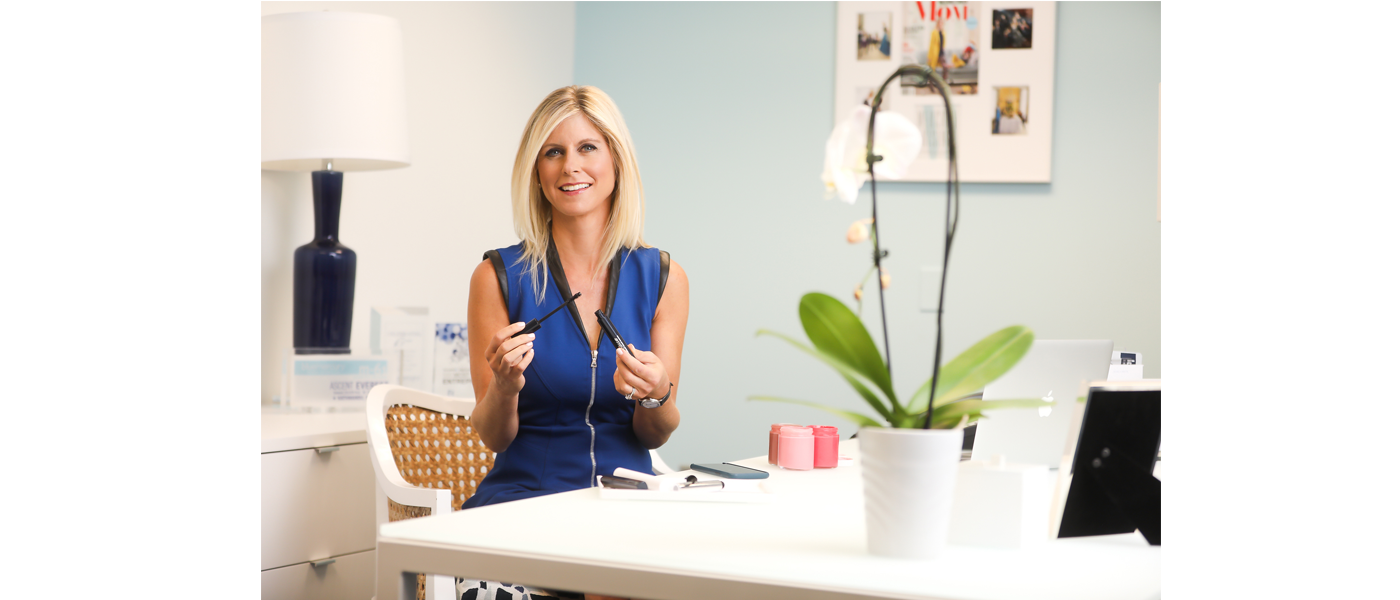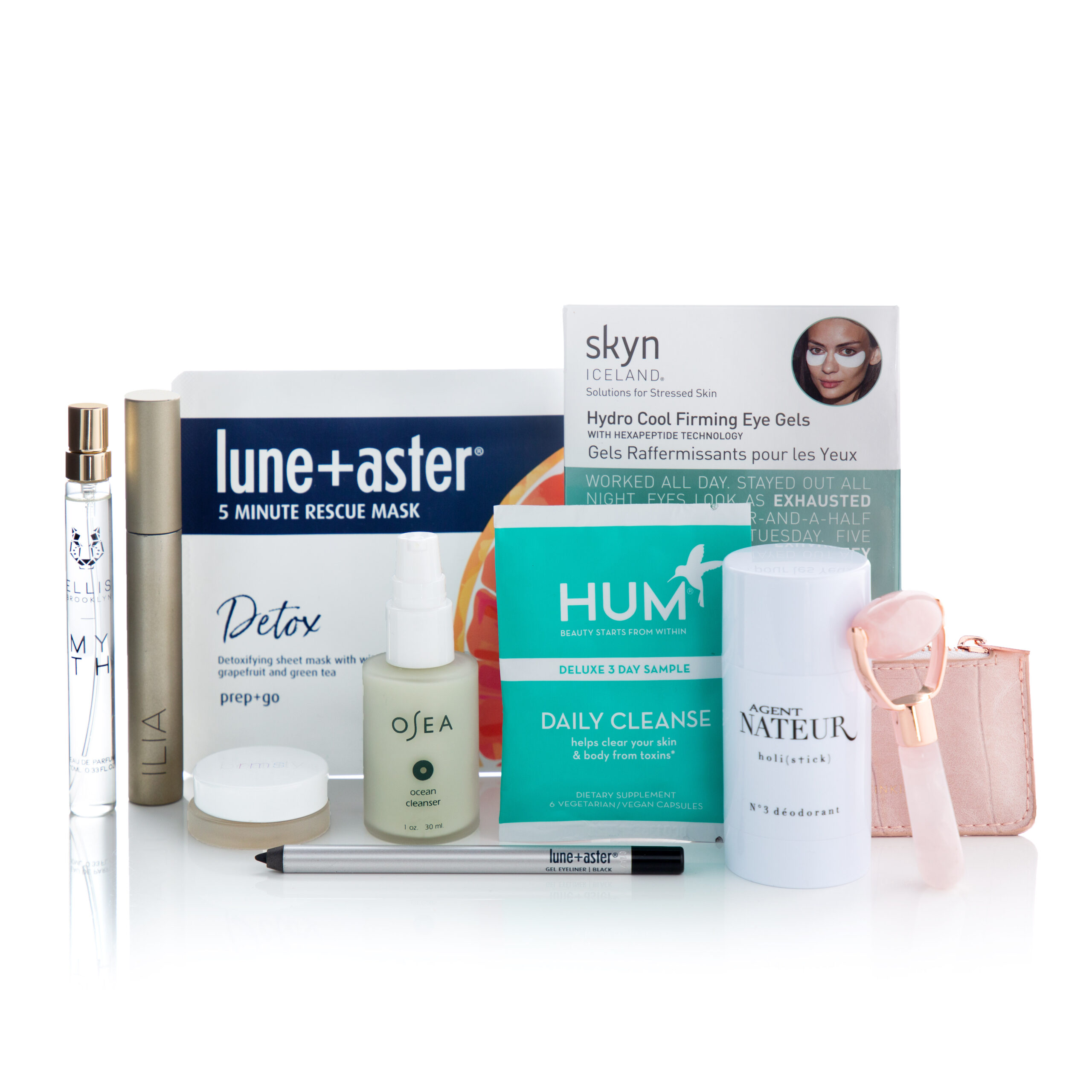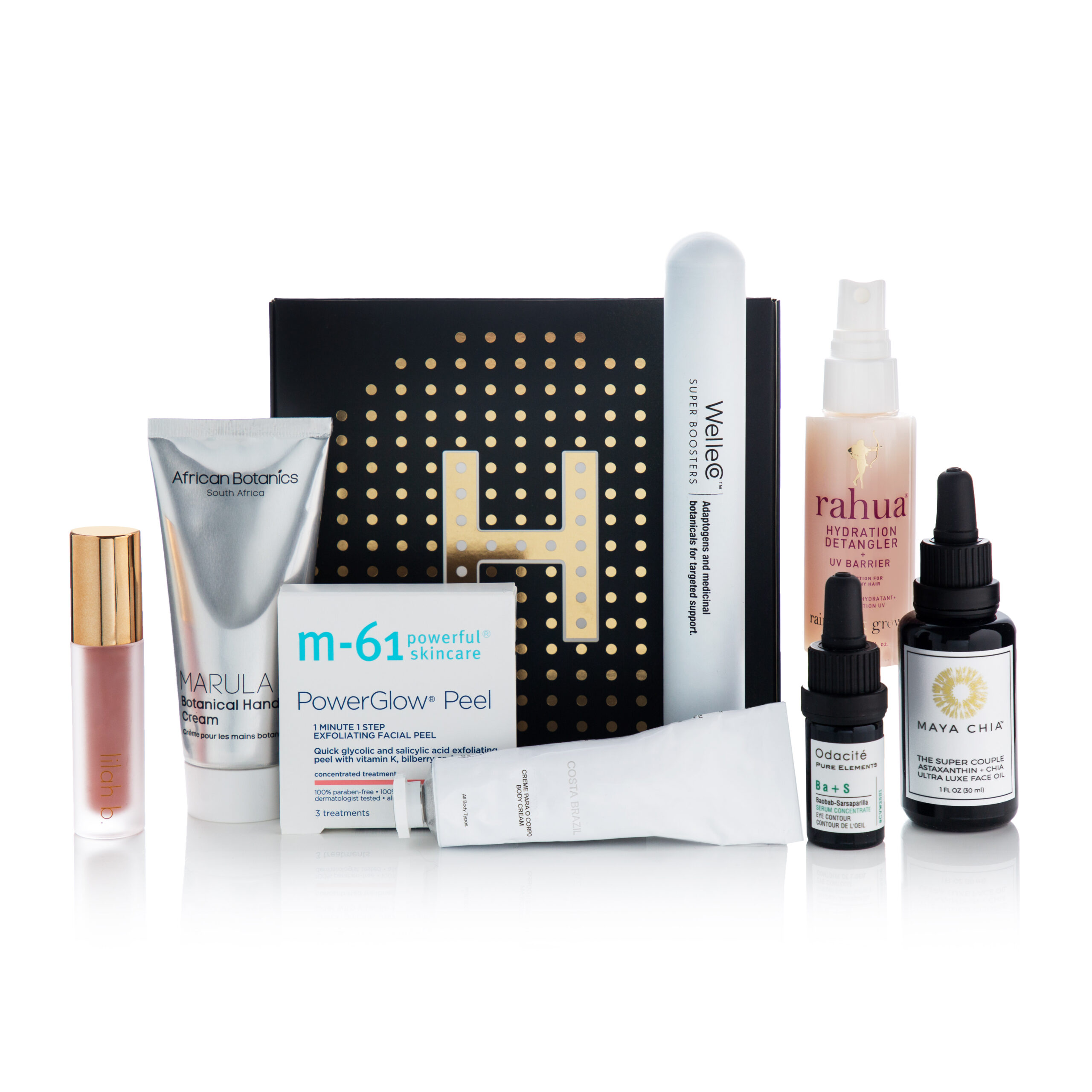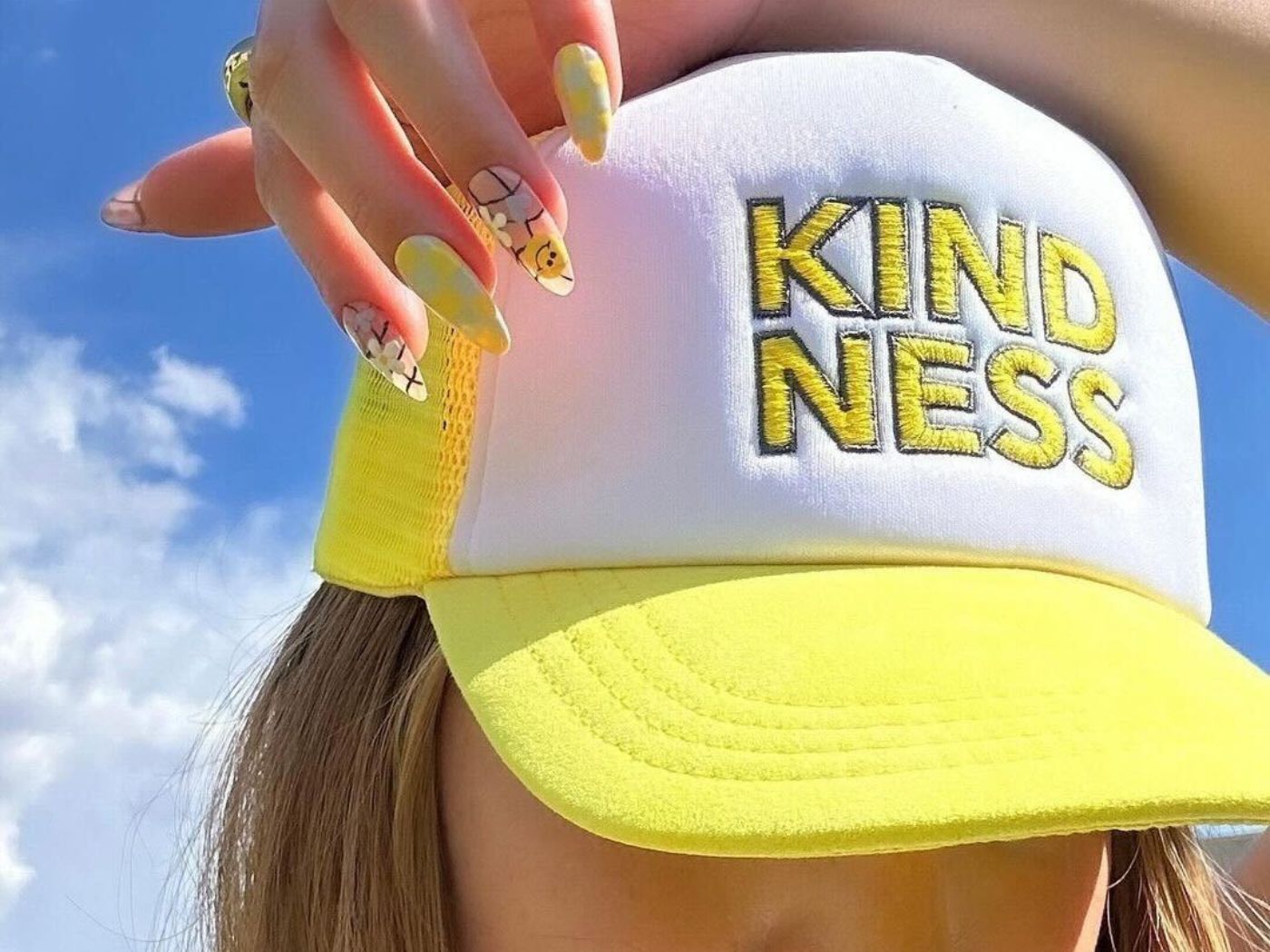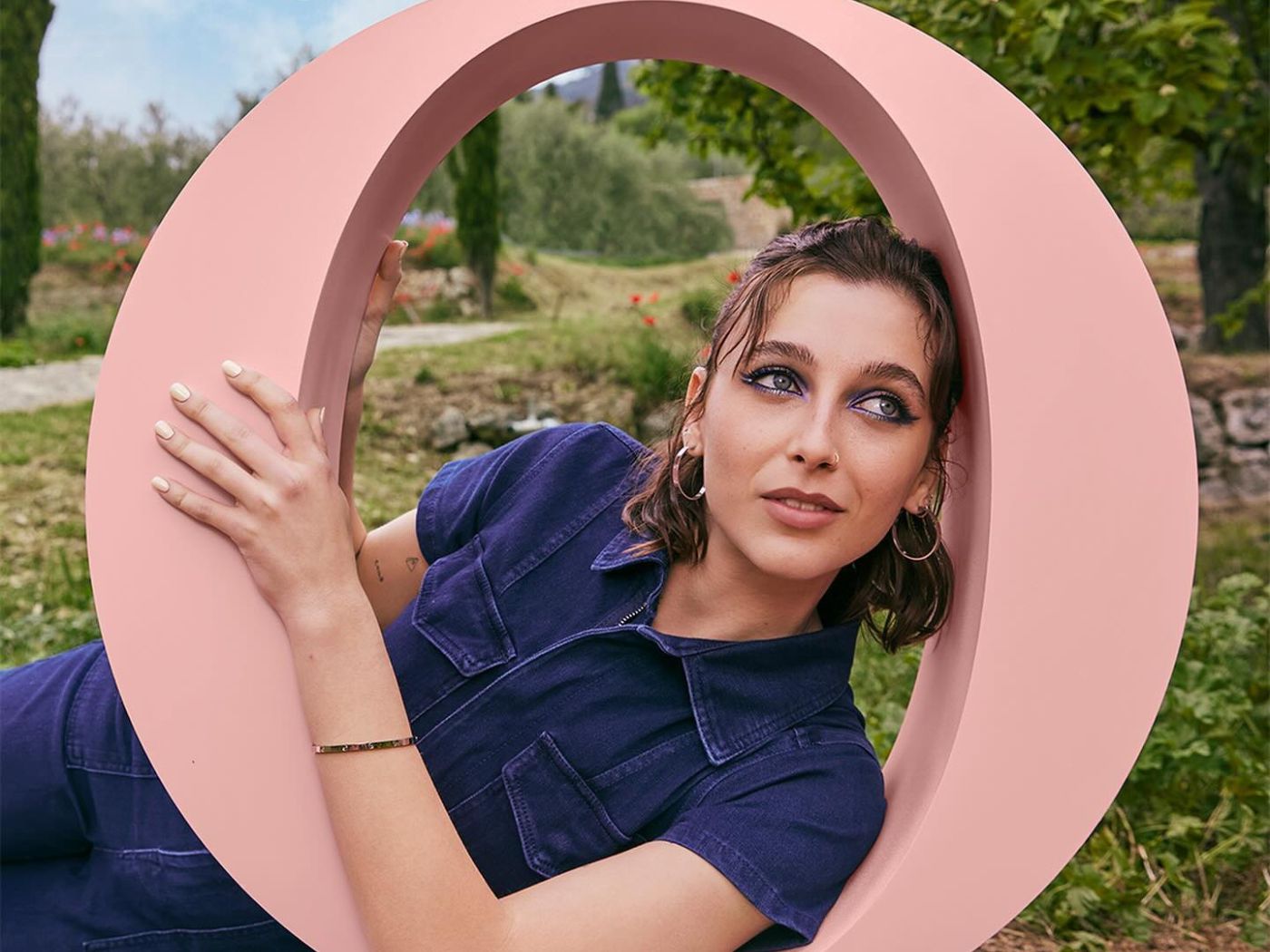Marla Beck has always been ahead of the curve. Along with her husband, Barry, she started Bluemercury as an e-commerce site with $1 million in seed money in 1999—way before online beauty shopping was popular. Her vision was to transform the way consumers shopped for beauty by creating a more engaging shopping experience, different from the traditional department store and mass market way of retailing. Shortly after launch, the husband-and-wife team supplemented the site with a physical store in Washington, D.C.’s Georgetown area. They are credited with coining the term “clicks to bricks.” Today, they operate a robust online business and 171 standalone stores and 20 shops within Macy’s. Although Barry departed the company last year, Marla is retaining her role as CEO with no plans of leaving. Marla was also early in launching private label brands (M-61 Powerful Skincare), and a trailblazer in vegan beauty (Lune + Aster Cosmetics). In 2015, Macy’s purchased Bluemercury, a nod to Marla’s expertise as an entrepreneurial retail leader. Two years later, Bluemercury revealed a flagship at the New York Hilton Midtown, merging high-touch with high-tech. The newest addition to the retailer’s arsenal, the Bluemercury Conscious Beauty assortment, aims to meet consumer demand for products centered on wellness, especially during COVID-19. Here, Marla discusses how Bluemercury, which celebrated its 20th anniversary last year, stayed relevant during the pandemic with masterclasses, a shift in social messaging and how she zeroes in on brands for her Conscious Beauty assortment.
CEW Beauty News: What was it like when you had to close stores and how did you find a way to stay connected to your customers?
Marla Beck: I’ve been through a lot of recessions, but I never experienced anything like we are going through now. The hardest day of my 21 years was when we shut down all of our stores. One question was, ‘How do we drive top-line innovation and stay linked to our customers?’ For us, the most difficult thing about shutting down was we’ve always been all about our beauty experts—not just our products we carry, or our merchandise mix—but our experts who know their clients in our neighborhood stores. How do you replicate that experience? We quickly moved to virtual appointments. We were able to go right into client’s homes. That pivot to online was valuable. Even though our stores are now open, our clients still want that virtual experience.
The other thing was the introduction of virtual masterclasses. We wanted to go forward with some of our new launches, whether it was our own brand or other brands we partner with and carry. A great opportunity was to get founders to teach clients how to use their products and tell stories to launch new products. We’ve always done masterclasses in our stores, but now we had the audience online. The founders could see their clients in front of them and explain product in a way that was intimate, from a screen perspective, but larger scale in terms of reach. Online you can reach 400 people, versus 50 or 60 [in stores]—and not just one regional store, but across the country. Alex Chantecaille, the daughter of Chantecaille founder Sylvie, and artists from Chantecaille got on and launched their new CBD cream. Trish McEvoy talked about her planner and how to use it. Clients like talking to founders online; it’s unlike anything in a store. The interaction was unbelievable [upcoming masterclasses include Tata Harper, Indie Lee and Barbara Sturm co-hosted by Essence Magazine]. The pandemic brought the digital and the physical world together. We learned how to integrate both at a scale I’ve never seen.
BN: Tell us about the Neighborhood Beauty Campaign.
MB: We always do campaigns by season and theme. For example, we always do a Summer Edit with models and a shoot. We can’t do that right now, so our team came up with this cool Neighborhood Beauty Campaign where each beauty expert works with clients who did their own shoots using products and guidance from Bluemercury. In a crisis you can come up with incredible innovation.
BN: Did messaging change during COVID-19?
MB: We’re really listening and watching for what is important to consumers. We thought a lot about self care. We started seeing home fragrance and bath and body products accelerate in terms of purchase and our messaging changed in that direction. As people started venturing out, we started to get questions about how to do dramatic eyes since people had masks on. We really try to have the messaging be warm and friendly and soothing. The brow category is growing, as is at-home masks, which had been waning. Skin care is growing—that’s what people are thinking about.
BN: What are safety protocols you’ve instituted in stores?
MB: Our protocols are strict. We have a limited number of clients in the store. Our staff has face shields; we have masks for clients. We have hourly cleanings of anything anyone could possibly touch.
We are testing spa services—can we do leg waxing? That seems reasonable. People don’t want to do their own brows or lip waxing anymore. We are doing testing based on state regulations and what our estheticians and clients feel is safe.
BN: Tell me about the Conscious Beauty Program.
MB: I’ve always been about natural even since the beginning. It’s how my beauty DNA developed in 1999. I grew up in California and the shops in Berkeley where I grew up had handmade products. We have always had clean and natural brands—they weren’t called that at the time. We were the first to launch Ren in the U.S. We started seeing clients coming in more interested in natural beauty in 2010, but they didn’t see results. There were derm and doctor brands, but they had hundreds of ingredients that some people didn’t want. That’s when we started working to develop our own brands mainly because there wasn’t anything to offer people in our stores. That was the beginning of our Conscious Beauty platform.
Now we have a proliferation of brands and the market is coming together and that is the foundation for our four pillars of Conscious Beauty: Mindful Ingredients, which means avoidance of harmful compounds; Naturally Derived, which is formulas being at least 70 percent organic; Wellness, which contains merchandise supporting the mind and body; and Vegan. Brands introduced in April include Beboe therapies, Fur, Costa Brazil and Lilah B. [they join Osea, Odacite, Maya Chia, African Botanics, Hum, WelleCo, Jenny Patinkin and Indie Lee].
We are also launching new, diverse and Black-founded brands under Conscious Beauty including Biophile, BeautyStat, Beneath Your Mask and KNC Beauty. We are also supporting female, Black and non-binary founders through our partnership with SoGal Ventures.
BN: What did you learn about yourself during quarantine?
MB: Home schooling has been interesting. When working at home, kids think they can pop in at any time, so I put a note on the door. I took a class in Russian literature and my husband and I are walking eight miles a day.
Cover photo © Tony Powell
